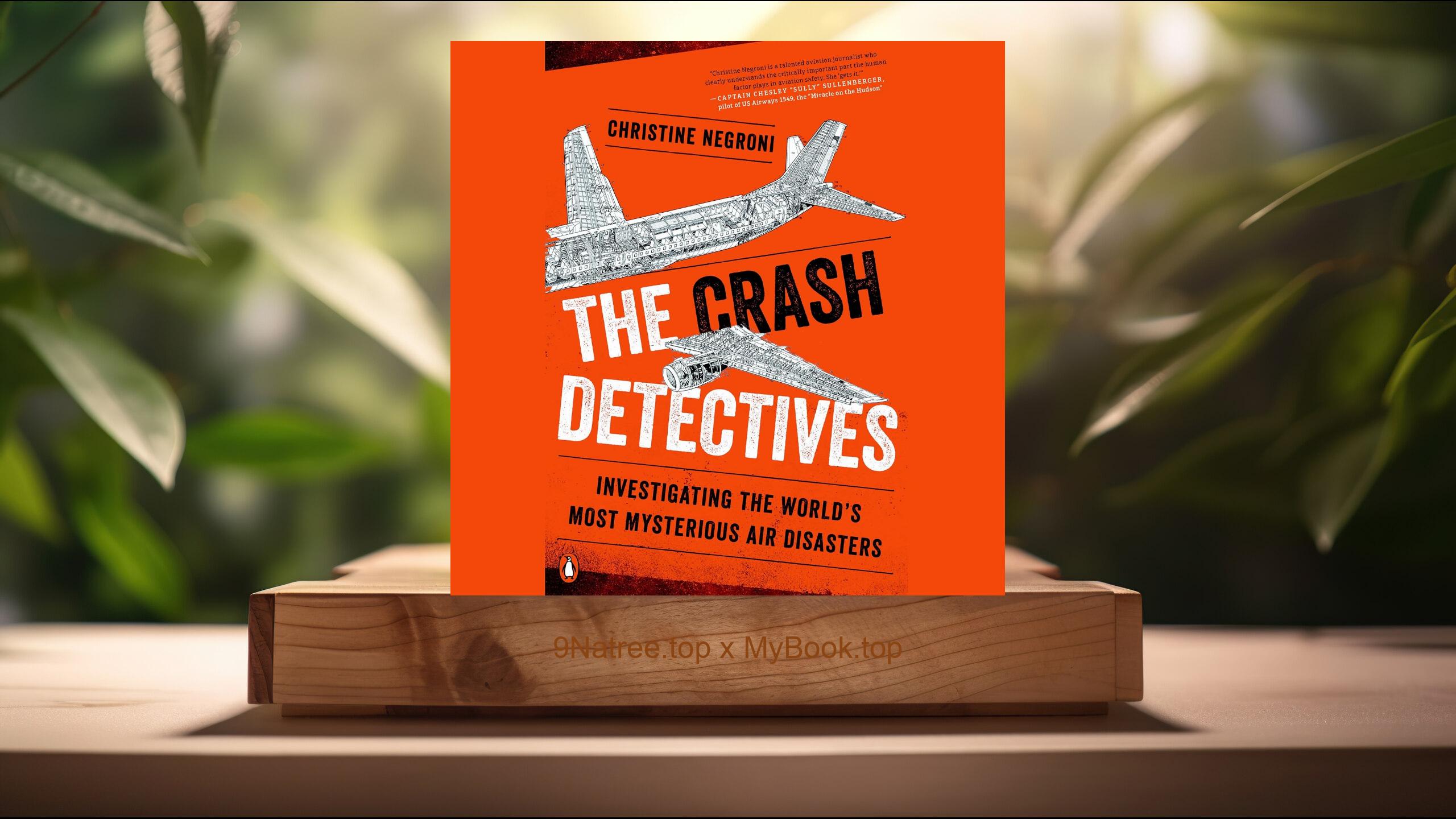Show Notes
- Amazon USA Store: https://www.amazon.com/dp/B07CSHZHJ1?tag=9natree-20
- Amazon Worldwide Store: https://global.buys.trade/Consilience-The-Unity-of-Knowledge-Edward-O-Wilson.html
- Apple Books: https://books.apple.com/us/audiobook/consilience-the-unity-of-knowledge-unabridged/id1417847452?itsct=books_box_link&itscg=30200&ls=1&at=1001l3bAw&ct=9natree
- eBay: https://www.ebay.com/sch/i.html?_nkw=Consilience+The+Unity+of+Knowledge+Edward+O+Wilson+&mkcid=1&mkrid=711-53200-19255-0&siteid=0&campid=5339060787&customid=9natree&toolid=10001&mkevt=1
- Read more: https://mybook.top/read/B07CSHZHJ1/
#Consilience #InterdisciplinaryResearch #UnityofKnowledge #EdwardOWilson #ScienceandHumanities #EvolutionaryBiology #EthicsandTechnology #FutureofHumanity #Consilience
These are takeaways from this book.
Firstly, The Concept of Consilience, Edward O. Wilson's 'Consilience: The Unity of Knowledge' introduces the concept of consilience as the key to unifying all branches of knowledge. This foundational idea is based on the belief that empirical evidence from different fields can come together to form a cohesive understanding of the natural and social worlds. Wilson explores how principles from the natural sciences can explain phenomena traditionally allocated to the humanities, such as art, ethics, and human behavior. By advocating for a collaborative approach among disciplines, Wilson challenges the compartmentalization of knowledge, asserting that the most complex problems can only be solved through integrated efforts. Through compelling arguments, Wilson demonstrates how patterns in evolutionary biology can offer insights into human culture, suggesting a deeper consilience between seemingly disparate fields. This concept lays the groundwork for a more profound comprehension of the universe and our place within it.
Secondly, The Importance of Interdisciplinary Research, Wilson emphasizes the urgent need for interdisciplinary research as a means to achieve consilience. He critiques the existing academic and scientific landscapes, which often encourage specialization to the extent that it prevents collaboration across disciplines. By drawing examples from history and current scientific breakthroughs, Wilson illustrates how interdisciplinary approaches have led to significant advancements in knowledge and technology. He highlights the importance of bridging gaps between fields such as biology, chemistry, physics, and environmental science, as well as incorporating insights from philosophy, literature, and the arts. Wilson argues that tackling complex issues like climate change, poverty, and disease requires a synthesis of perspectives, methodologies, and data from across the spectrum of human knowledge. This chapter champions a future where education and research intentionally foster connections between disciplines to solve the multifaceted challenges facing humanity.
Thirdly, Challenges to Achieving Consilience, Despite the clear benefits outlined by Wilson for a unified approach to knowledge, he acknowledges substantial barriers to achieving consilience. One major challenge is the deep-seated tradition of specialization within academia and the professional world, which often values depth over breadth. Wilson discusses the institutional and cultural obstacles that discourage interdisciplinary collaboration, including funding structures, publication biases, and academic prestige systems. Moreover, he delves into cognitive and philosophical challenges, such as the difficulty of communicating across jargons and the differing methods of inquiry and verification used by various disciplines. Wilson critiques the reluctance to embrace new paradigms that synthesize divergent fields, arguing that overcoming these challenges requires a shift in mindset among educators, researchers, and policymakers. This discussion underscores the need for systemic changes to encourage the collaboration and open-mindedness necessary for consilience.
Fourthly, The Role of Science in Understanding Humanity, Wilson devotes significant attention to the role of science, particularly evolutionary biology, in enhancing our understanding of humanity. He proposes that scientific methods can be applied to unravel the complexities of human behavior, ethics, and culture. By examining the evolutionary origins of social behaviors, Wilson offers insights into morality, creativity, and even the structure of society itself. This perspective challenges the notion that scientific inquiry is antithetical to the humanities and instead presents a compelling case for its integration. Wilson's argument extends to the potential for genetics and neuroscience to illuminate the underpinnings of human identity, cognition, and emotion. This exploration prompts a reconsideration of the dichotomy between nature and nurture, suggesting a more nuanced understanding of the human condition that bridges biological determinism and cultural constructivism.
Lastly, Consilience and the Future of Humanity, The final key topic in 'Consilience: The Unity of Knowledge' revolves around the implications of achieving consilience for the future of humanity. Wilson optimistically argues that bridging the gap between the sciences and the humanities will not only advance our knowledge but also foster a more cohesive, just, and sustainable world. He envisions a society where policy decisions are informed by a deeper understanding of human nature and the natural environment, guided by ethical considerations derived from a consilient approach to knowledge. The potential for technological and medical breakthroughs is vast, yet Wilson also cautions against the unbridled application of science without moral guidance. He calls for a balanced exploration of the ethical dimensions of scientific discoveries, emphasizing the responsibility to use our unified knowledge for the betterment of society and the preservation of our planet. This vision of the future underscores the transformative power of consilience in addressing global challenges and enriching the human experience.
![[Review] Consilience: The Unity of Knowledge (Edward O. Wilson) Summarized](https://episodes.castos.com/660078c6833215-59505987/images/2026720/c1a-085k3-5zxr47mmtxjw-mimsun.jpg)




